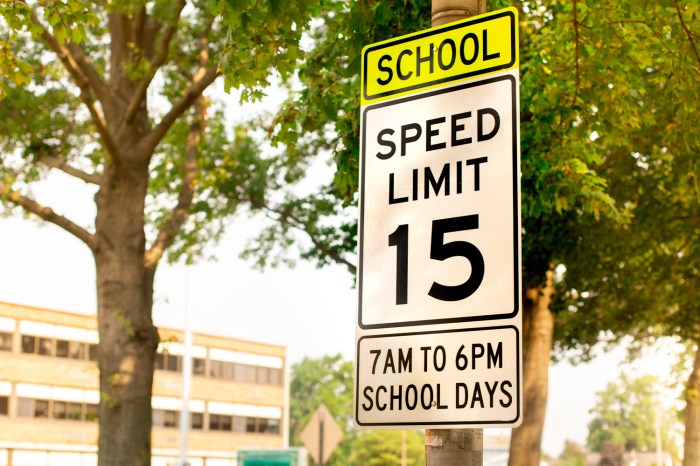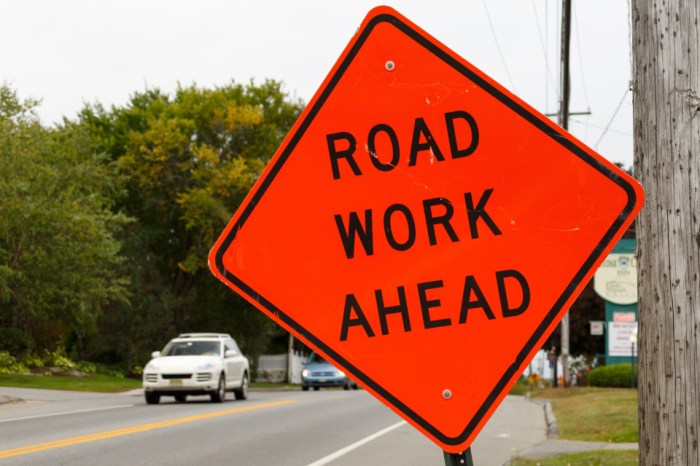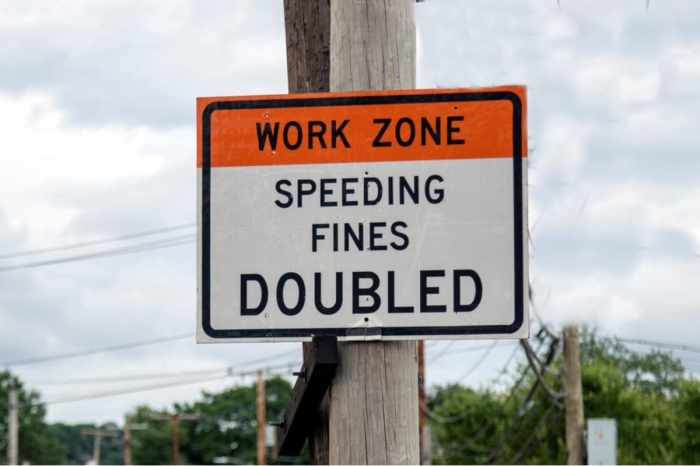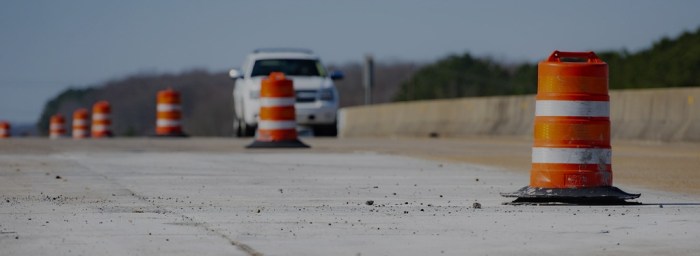Arkansas fines for speeding in a highway work zone are – Arkansas fines for speeding in highway work zones are a serious matter, with significant consequences for drivers who violate the law. This comprehensive guide will provide an in-depth examination of the fines, consequences, enforcement, impact, and alternative measures related to speeding in highway work zones in Arkansas.
Understanding the risks and penalties associated with speeding in these areas is crucial for ensuring the safety of workers and other drivers. This guide will provide valuable insights and practical advice to help drivers navigate these zones safely and responsibly.
Arkansas Speeding Fines in Highway Work Zones
Arkansas has strict laws in place to deter speeding in highway work zones. The fines for speeding in these areas are significantly higher than the fines for speeding on regular roads.
The amount of the fine depends on the speed limit and the amount by which the driver exceeded the limit. The fines are as follows:
- Speeding up to 10 mph over the limit: $150
- Speeding 11-15 mph over the limit: $250
- Speeding 16-20 mph over the limit: $350
- Speeding 21-25 mph over the limit: $450
- Speeding 26 mph or more over the limit: $550
Consequences of Speeding in Highway Work Zones

In addition to the fines, speeding in a highway work zone can also result in other consequences, such as:
- Points on the driver’s license
- Suspension of the driver’s license
- Jail time
Speeding in a highway work zone is also dangerous because it puts workers and other drivers at risk. Workers are often working in close proximity to traffic, and speeding drivers can easily hit them. Speeding drivers also increase the risk of accidents, which can cause injuries or death.
Enforcement of Speeding Laws in Highway Work Zones: Arkansas Fines For Speeding In A Highway Work Zone Are

Law enforcement officers use a variety of methods to enforce speeding laws in highway work zones, including:
- Radar guns
- Laser speed detectors
- Aircraft
- Marked and unmarked patrol cars
Law enforcement officers also often increase their presence in highway work zones, which can help to deter speeding.
Impact of Speeding Fines on Driver Behavior

Studies have shown that speeding fines can be effective in reducing speeding. One study found that drivers who were fined for speeding were less likely to speed again in the future.
The deterrent effect of speeding fines is likely due to the fact that drivers are aware of the financial and other consequences of speeding. When drivers know that they could be fined or even lose their license, they are more likely to obey the speed limit.
Alternative Measures to Reduce Speeding

In addition to speeding fines, there are a number of other measures that can be used to reduce speeding in highway work zones, such as:
- Rumble strips
- Speed bumps
- Traffic calming devices
- Public awareness campaigns
- Educational initiatives
These measures can help to slow down traffic and make highway work zones safer for workers and other drivers.
Questions and Answers
What are the fines for speeding in a highway work zone in Arkansas?
Fines vary based on the speed limit and the amount by which the driver exceeds the limit. For example, exceeding the speed limit by 1-10 mph incurs a fine of $125, while exceeding the limit by 26 mph or more results in a fine of $500.
What are the consequences of speeding in a highway work zone in Arkansas?
Consequences include fines, points on the driver’s license, and possible jail time. Additionally, speeding in these areas poses increased risks to workers and other drivers due to the presence of heavy machinery and reduced visibility.
How are speeding laws enforced in highway work zones in Arkansas?
Law enforcement uses various methods to enforce speeding laws, including radar guns, laser speed detectors, and increased patrols. These measures aim to deter speeding and ensure the safety of workers and drivers.